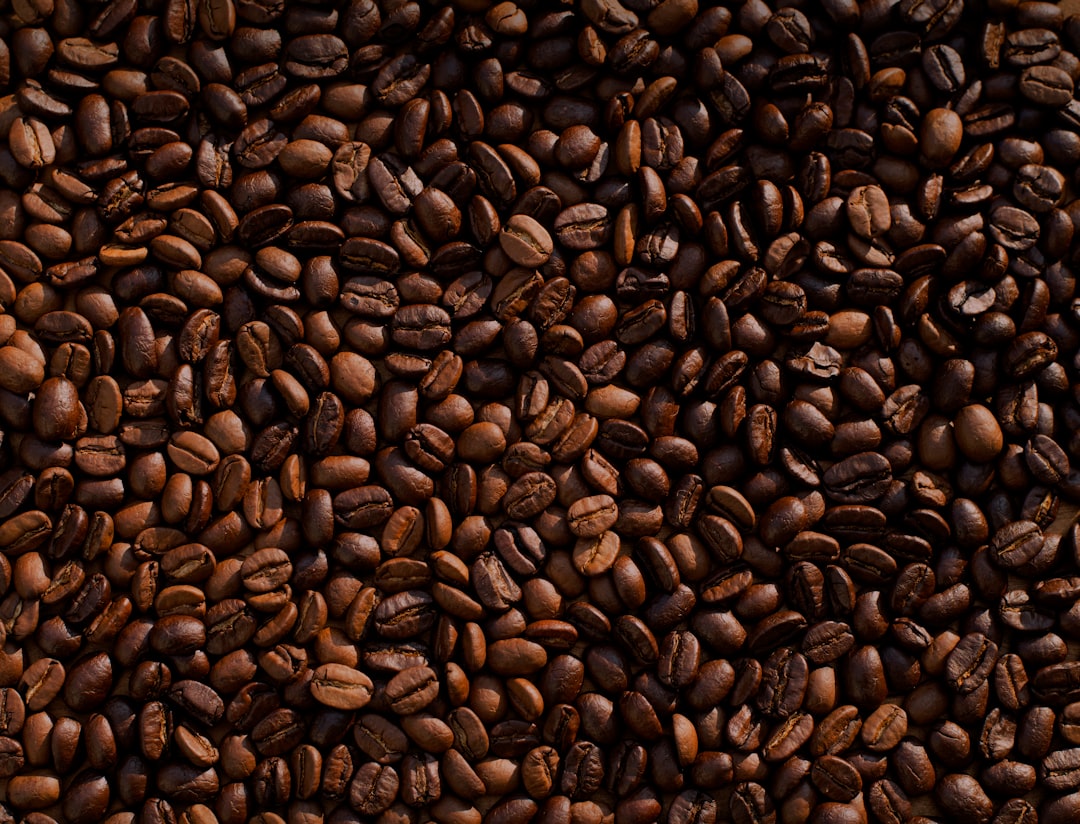

Unsplash
Welcome back.
Our end of year special issues are coming together, so if you have any recommendations for our charitable giving guide or gift guide, send them along!
Today: Will coffee survive climate change?
Did you know we record an audio version of all of our essays? Subscribe to our podcast feed and listen to this essay now 👇
I’m Quinn Emmett, and this is science for people who give a shit.
Every week, I help 25,000+ humans understand and unfuck the rapidly changing world around us. It feels great, and we’d love for you to join us.

New Shit Giver Lori E. wants to help solve “food waste and clean water. Both need attention for my grandson’s generation“.
That’s the perspective we’re looking for, Lori! 🥗 💦

Last week’s most popular Action Step was rethinking food systems by reading the Paradigms of Agriculture.
Donate to support African farmers by increasing incomes and improving food security through the Alliance for a Green Africa.
Volunteer to join the Coffee & Climate Network, an organization that connects stakeholders in coffee farming to create a climate-smart future.
Get educated about what is in your supplements using Examine’s independent, evidence-based database.
Be heard about your eco-anxiety by connecting with others having similar feelings at a Climate Cafe near you.
Invest in deforestation-free investment options with Deforestation Free Funds.

COFFEE: BACK TO THE FUTURE
Caffeine.
Can’t sleep with it, can’t operate as a human being in the year of our lord twenty twenty-three without it.
Caffeine comes in a wide variety of sources, including tea, soda, and other terrifying processed drinks.
But today let’s focus on what Jack Aubrey’s friend Alexander von Humboldt called “concentrated sunshine”:
Coffee.
Two billion cups consumed every day.
An estimated 154 million adults (75% of the US population) report drinking coffee, and half of adults drink it every damn day.
Because of exactly how it works in our brains and how prevalent it is, coffee effectively rewrote humanity’s baseline consciousness.
“Don’t Talk to Mom Before Her Coffee” trinkets made Etsy what it is today, coffee fueled the Industrial Revolution, gave us confidence (and, seemingly) energy -- all conveniently harvested and laboriously produced on the backs of millions of slaves on the other side of the world.
The slavery is a little less now (and historically, a blip compared to sugar plantations), but the brutal conditions remain -- and it’s getting hotter every day.
Can coffee, the world’s second-most consumed beverage (after water, the other liquid we can’t operate without), survive climate change?
From what we can tell, which isn’t much, the Chinese have been drinking tea for a very long time, maybe since the 200’s AD.
Coffee seems to have gotten its start a thousand years or so later in East Africa and across the Silk Road and Red Sea to the Arabian peninsula. It’s probably not coincidental that Muslim scholars relied on it to, you know, invent math.
“(Coffee) seemed to be tailor-made for a culture that forbade alcohol consumption and gave birth to modern mathematics”.
I’m not kidding. The word “algebra” is derived from the Medieval Latin, from Arabic “al-mukhtasar fi hisab al-jabr wa al-muqabala”. Al jabr seems to translate to “reunion of broken parts”, which is also not coincidentally what happens to my wife every morning when pry open her eyes and deliver her a hot coffee with an extra shot of espresso tucked right inside.
Alcohol, as those Muslims scholars could tell you, is a nightmare. More on that later.

